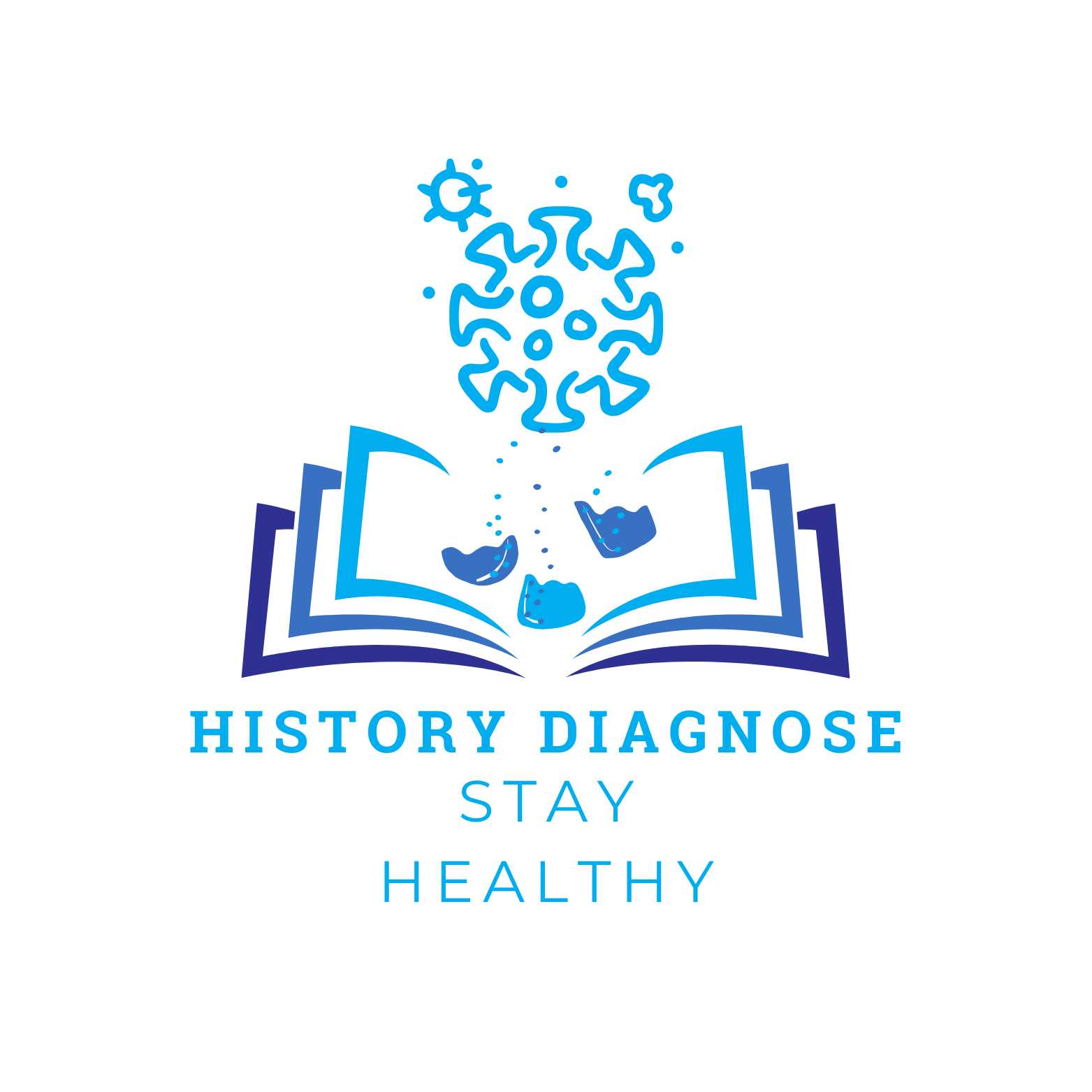Alzheimer's disease is a progressive neurological condition that affects millions of individuals worldwide. In this blog, we will delve into the latest research surrounding Alzheimer's, focusing on early detection methods, treatment options, and essential resources for caregivers. By understanding the advancements in Alzheimer's research, individuals and their families can gain valuable insights and access the support needed to navigate this challenging journey.
The Importance of Early Detection:-
Early detection plays a crucial role in managing Alzheimer's disease. We will explore the significance of early diagnosis, including the benefits it offers in terms of treatment efficacy and disease progression management. Additionally, we will discuss the various diagnostic techniques used to detect Alzheimer's in its early stages.
Treatment Options and Breakthroughs:-
Treatment Options and Breakthroughs:-
While there is currently no cure for Alzheimer's, there are treatment options available that can help alleviate symptoms and improve quality of life. We will discuss the latest advancements in treatment modalities, including pharmacological interventions, cognitive stimulation techniques, and lifestyle modifications that have shown promise in managing the disease.
Caregiver Resources and Support:-
Caregiver Resources and Support:-
Caring for someone with Alzheimer's can be emotionally and physically demanding. We will provide an overview of caregiver resources and support networks that offer assistance, guidance, and respite for those taking care of individuals with Alzheimer's. From support groups to respite care options, caregivers will discover valuable resources to help them navigate the challenges they face.
Lifestyle Factors and Prevention Strategies:-
Lifestyle Factors and Prevention Strategies:-
While Alzheimer's is a complex disease, certain lifestyle factors have been identified as potential contributors. We will explore the role of exercise, diet, mental stimulation, and social engagement in promoting brain health and potentially reducing the risk of developing Alzheimer's. Understanding these preventive measures empowers individuals to make informed choices for their overall well-being.
Promising Research and Future Outlook:-
Promising Research and Future Outlook:-
The field of Alzheimer's research is continually evolving, with scientists and medical professionals working diligently to find new breakthroughs. We will highlight some of the most promising research initiatives, including potential disease-modifying treatments and innovative diagnostic tools. By staying informed about the latest advancements, individuals can have hope for the future of Alzheimer's treatment and care.
Conclusion:-
Alzheimer's disease poses significant challenges, but through increased awareness, early detection, access to treatment options, and support for caregivers, we can make a difference in the lives of those affected. By shedding light on the latest research and providing valuable resources, this blog aims to empower individuals and families impacted by Alzheimer's, fostering a sense of hope and resilience in the face of this complex disease.
Remember:-
Remember:-
The information provided in this blog is intended for educational purposes only and should not replace professional medical advice. It is always recommended to consult with healthcare professionals for personalized guidance and support related to Alzheimer's disease.


.png)



0 Comments